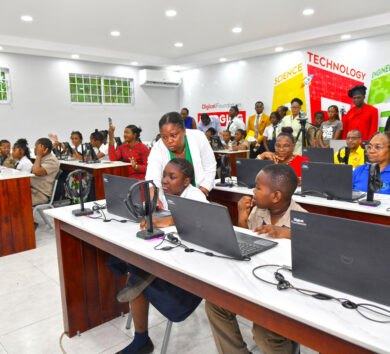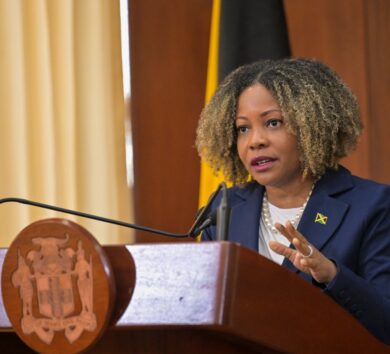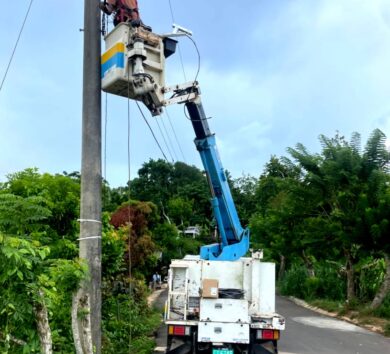

IDB Invest has agreed to bankroll Colombia’s super highway projects and will be provide financing to build two highways.
The two highways are the 5G highways Autopista Magdalena Medio (Troncal del Magdalena 1) and Autopista del Rio Grande (Troncal del Magdalena 2). Both projects are owned by KMA Construcciones y Grupo Ortiz, which is constructing both highways to connect the main cities in the interior of Colombia with Caribbean ports, covering a total distance of 532 kilometers.
This project has the potential to generate up to 100,000 direct and indirect jobs during its construction phase. Additionally, IDB Invest says these new roads will reduce travel time by approximately two hours along the corridor at an average speed of 100 kilometers per hour, which will boost the country’s competitiveness.

Details of the two highways
The Magdalena Medio highway with an investment of 4.4 billion Colombian pesos, will extend from Puerto Salgar to Barrancabermeja, passing through the departments of Cundinamarca, Boyacá and Santander. The Río Grande highway, with an investment of 4 billion Colombian pesos will extend 272 kilometers between Barrancabermeja and Curumaní, crossing the departments of Santander and Cesar.
Together with the International Finance Corporation (IFC) and the Development Bank of Latin America and the Caribbean (CAF), IDB Invest will provide advisory services to identify climate risks, and an economic analysis of the most relevant adaptation and resilience measures, with an emphasis on nature-based solutions.

The financial closing reflects the support of local and international banks for the country’s infrastructure. Banco de Crédito del Perú (BCP) and Credicorp Capital acted as structurers of the financing, and eight entities participated through a Club Deal comprised of IDB Invest, Bancolombia, IFC, CAF, JP Morgan, Sumitomo Mitsui Banking Corporation (SMBC), Mitsubishi UFJ Financial Group (MUFG), and Financiera de Desarrollo Nacional (FDN).
This project shows IDB Invest’s commitment to developing infrastructure projects in the region to promote connectivity in the countries and increase regional competitiveness.
The project is also expected to contribute to the UN Sustainable Development Goals (SDGs): Decent Work and Economic Growth (SDG 8), Industry, Innovation and Infrastructure (SDG 9) and Partnerships for the Goals (SDG 17).







Comments